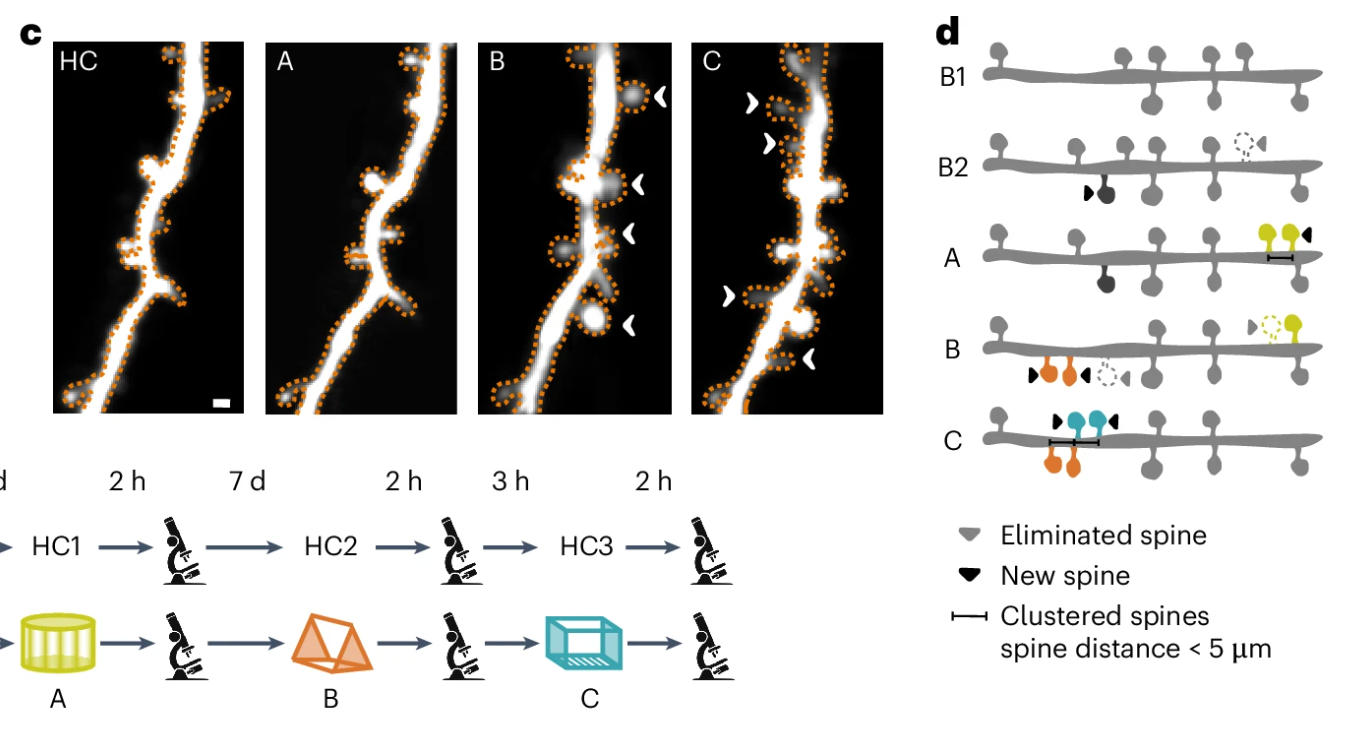For decades, medicine treated the human body as a relatively universal model, with little consideration for sex differences beyond the reproductive system. Recent research has revolutionized this approach, demonstrating that biological sex – determined by sex chromosomes (XX in females and XY in males) and associated hormonal differences – influences almost every aspect of human physiology and health outcomes. This fundamental biological variable affects everything from cellular metabolism to drug responses, making it a crucial consideration in modern medical practice and research.
Biological Foundations of Sex Differences and Their Clinical Implications
Sex differences begin at the molecular level and cascade through all biological systems. Sex chromosomes contain genes responsible not only for sexual characteristics development but also influence gene expression in various tissues throughout the body, cellular metabolism, immune system function, oxidative stress responses, and inflammatory processes. These molecular and cellular differences translate into significant variations in disease susceptibility, progression, and treatment outcomes between males and females.
The impact of sex hormones, particularly estrogens and testosterone, extends far beyond reproductive functions. These hormones modulate the activity of hepatic enzymes responsible for drug metabolism, influence immune system responses, and affect cardiovascular function. Research has demonstrated that women often require different drug dosages than men, and drug metabolism can vary depending on the menstrual cycle phase. Moreover, adverse drug reactions frequently show sex-specific patterns, with women generally experiencing more severe side effects for many medications.

The role of the environment in the sexual dimorphism in autoimmunity. Men and women are exposed to environmental factors to varying degrees (e.g. men tend to get more sunlight than women), and they have different physiological responses to such factors. Source: [6]
Historical Neglect and Current Progress in Sex-Specific Medicine
The 1986 study on obesity’s impact on female cancers, conducted exclusively on male subjects, exemplifies a broader historical pattern of gender bias in medical research. This approach not only produced incomplete data but potentially harmful medical practices. It wasn’t until 1993 that the FDA issued its first guidelines on including women in clinical trials, marking a turning point in medical research methodology.
The ramifications of this historical neglect are particularly evident in cardiovascular disease research and treatment. While traditionally viewed as a “male disease,” heart disease presents differently in women, often with less typical symptoms that can delay diagnosis and treatment. Women experiencing heart attacks frequently report:
- Fatigue and shortness of breath
- Upper abdominal pain
- Nausea and vomiting
- Back or jaw pain. These symptoms differ significantly from the classic chest pain commonly experienced by men, leading to potential misdiagnosis and delayed treatment, which can have fatal consequences.
Modern Approaches to Sex-Specific Medicine and Future Directions
Contemporary medicine is increasingly embracing a personalized approach, with biological sex serving as a crucial factor in treatment decisions. This paradigm shift affects multiple aspects of medical care, including diagnostic methods, therapeutic strategies, drug dosing, and complication risk assessment. Research has shown that autoimmune diseases demonstrate striking sex differences, with conditions like systemic lupus erythematosus occurring nine times more frequently in women, while rheumatoid arthritis shows a three-fold higher prevalence in female patients.
The future of medicine lies in further understanding and incorporating sex-based differences into clinical practice. This includes:
- Development of sex-specific diagnostic criteria and reference ranges
- Optimization of drug dosing protocols based on sex-specific pharmacokinetics
- Implementation of sex-specific preventive strategies
- Integration of hormone cycle considerations in treatment planning
- Development of targeted therapies based on sex-specific disease mechanisms
Scientific Glossary
Gene Expression: The process by which genetic information encoded in DNA is used to synthesize functional gene products, primarily proteins.
Oxidative Stress: A state of imbalance between free radical production and the body’s ability to neutralize them, potentially leading to cellular damage.
Cellular Metabolism: The sum of all chemical reactions occurring within a cell to maintain life processes, including energy production and molecular synthesis.
References
[1] Mauvais-Jarvis, F., et al. (2020). “Sex and gender: modifiers of health, disease, and medicine.” The Lancet, 396(10250), 565-582.
[2] Klein, S. L., & Flanagan, K. L. (2016). “Sex differences in immune responses.” Nature Reviews Immunology, 16(10), 626-638.
[3] Zucker, I., & Prendergast, B. J. (2020). “Sex differences in pharmacokinetics predict adverse drug reactions in women.” Biology of Sex Differences, 11(1), 1-14.
[4] Liu, K. A., & Mager, N. A. D. (2016). “Women’s involvement in clinical trials: historical perspective and future implications.” Pharmacy Practice, 14(1), 708.
[5] Mehta, L. S., et al. (2016). “Acute Myocardial Infarction in Women.” Circulation, 133(9), 916-947.
[6] Ngo, S. T., Steyn, F. J., & McCombe, P. A. (2014). “Gender differences in autoimmune disease.” Frontiers in Neuroendocrinology, 35(3), 347-369.
[7] Legato, M. J., et al. (2018). “Gender-specific medicine: the new profile of 21st-century healthcare.” Nature Reviews Drug Discovery, 17(8), 588-589.



